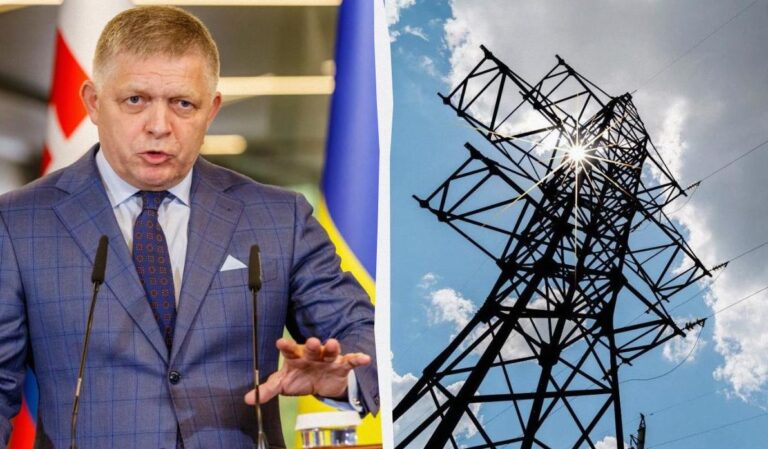США intensifying pressure on G7 nations to impose significant tariffs on imports from India and China, aimed at discouraging their continued purchases of Russian oil and pushing Moscow towards negotiations regarding the conflict in Ukraine. According to information shared with the Financial Times by four sources, this strategy is being discussed during a Friday video conference of the Group of Seven finance ministers.
President Biden has urged the EU to implement this approach, suggesting tariffs ranging from 50% to 100% on Chinese and Indian imports. ‘If our allies are serious about ending the war in their own backyard, they must join us in implementing real tariffs, which will be lifted on the day the war ends,’ stated a US Treasury spokesperson.
Following the imposition of 50% tariffs on Indian imports due to their procurement of Russian oil, President Trump previously raised tariffs on Chinese imports, later reducing them amid market concerns.
The European Union acknowledges the challenges associated with such high tariffs on key trade partners, considering potential economic repercussions and China’s likely response. Brussels hopes to conclude a trade agreement with New Delhi in the coming months, aiming to strengthen ties with the Asian nation. However, Biden is advocating for alternative measures, including enhanced sanctions against Russian energy companies and a shortened deadline for EU member states to cease purchasing Russian oil and gas—shifting from 2027 to an earlier date.
Specifically, the US is targeting Hungary and Slovakia, led by pro-Russian leaders who have previously blocked stricter EU sanctions. Simultaneously, the EU is considering sanctions against China for acquiring inexpensive Russian energy. EU Commissioner for Energy, Dan Jorgensen, met with US Energy Secretary Chris Wright to discuss switching to American gas supplies. Despite the fact that the EU still accounts for approximately five percent of its gas imports from Russia (compared to 45% before the 2022 invasion), the US is pushing for a complete shift away from Russian energy sources.




